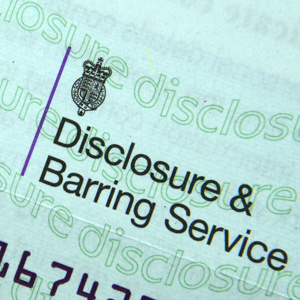What Qualifications do I Need to be a Tutor?
This may surprise you but you don’t need any qualifications at all if you want to be a tutor. That said, you may find it very difficult to find work if you do not have any. Employers and clients will be much more impressed with a degree.
If you'd like a PDF version of this page, simply click What qualifications do I need to be a tutor PDF
LEARN ABOUT THE BENEFITS OF LEARNING THROUGH QUIZZES
Qualifications for Becoming a Tutor
While there are technically no mandatory qualifications to become a tutor, possessing certain attributes significantly enhances your chances of a successful tutoring career. Let's delve into them...
Who Can Be a Tutor?
Anyone can become a tutor, but not everyone can excel at it. Successful tutors teach with enthusiasm, inspire their students, demonstrate patience, and remain calm in stressful situations. Adaptability to each student's needs is crucial, as every child has unique learning styles and interests. Openness and friendliness are essential, given the significant time spent with students. Lastly, organisational skills and conscientiousness are vital, making tutoring a highly responsible job.
If you possess these qualities and have a profound understanding of a subject, tutoring could be an ideal career. It allows you to share knowledge, boost confidence, and earn a respectable income.
Enthusiasm, patience, adaptability, organisation, and good social skills are necessary for a good tutor.
Experience in Tutoring
Similar to qualifications, experience is not mandatory for tutoring but can be advantageous. Previous work in educational institutions can be viewed positively by potential clients or employers.
Starting as a private tutor may pose challenges initially, especially when competing with experienced counterparts. Building a customer base will make it easier to attract new clients over time.
FIND OUT WHY KIDS LOVE OUR WEBSITE
DBS Check for Tutors

While not mandatory, a DBS (Disclosure and Barring Service) check is highly recommended for tutors. Although not a legal requirement, most tutor employers expect it. For self-employed tutors, not having a DBS check may limit job opportunities, as many parents prefer tutors with this clearance.
Insurance for Tutors
No mandatory insurance is required for tutors, but it is advisable for self-employed tutors. This is especially important when teaching at home, as public liability insurance protects against potential injury claims. Professional indemnity insurance safeguards against accusations of malpractice or misconduct, providing essential protection. Additionally, insuring equipment against damage or loss is a prudent choice.
Insurance protects you, your clients, and your property from damage, injury, and other claims.
Professional Tutors Association
Contrary to common belief, joining a professional tutors association is not mandatory. However, it can be beneficial, providing support and networking opportunities. Exploring these associations can help you connect with peers and potentially find job opportunities.
In summary, while no specific qualifications or experiences are obligatory, several factors can contribute to a successful tutoring career. Assess if you possess the essential qualities and take the necessary steps for a rewarding tutoring journey.



